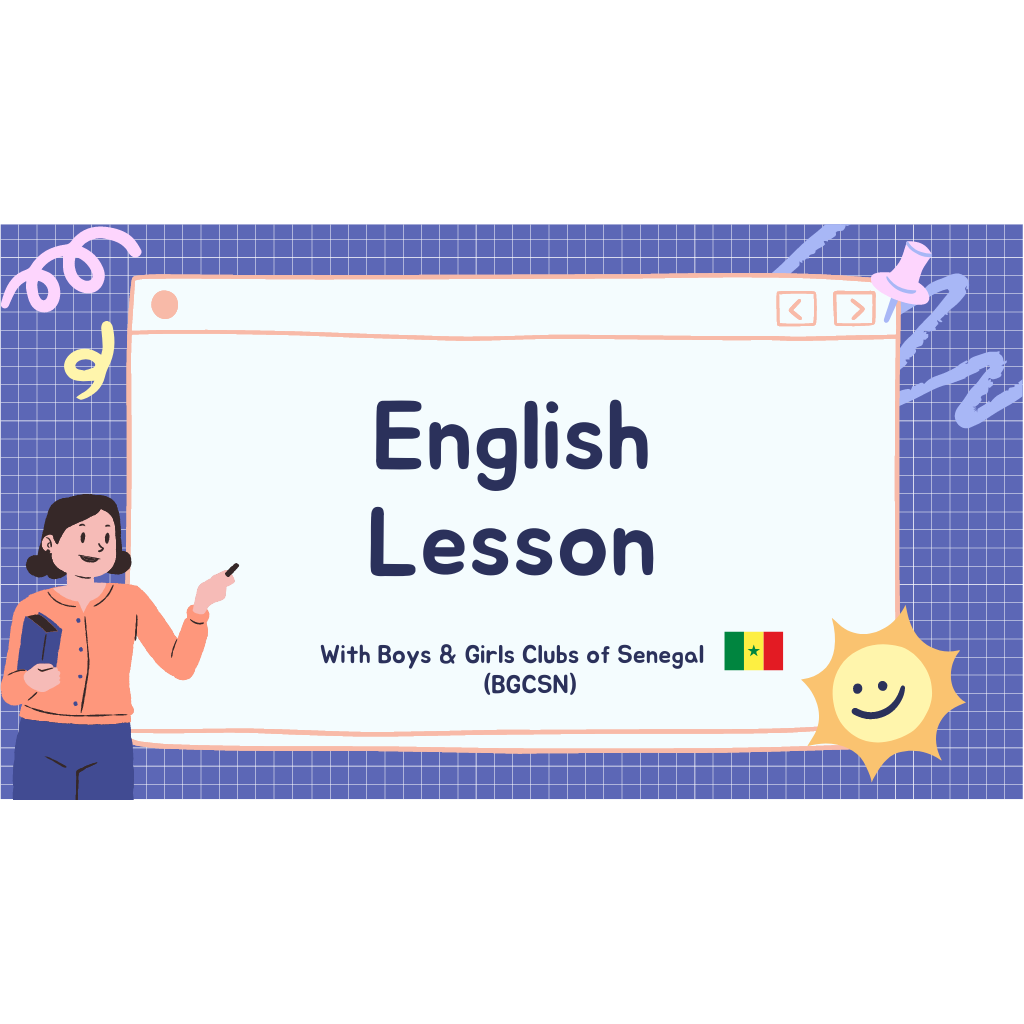Word endings, also known as suffixes, are like the hidden warp and woof of the English language—weaving meaning and beauty in a seemingly effortless way. A mastered vocabulary, one which includes knowing how to use suffixes correctly, can benefit you or your child in many ways.
For instance, properly using suffixes can help build greater literacy skills. Knowing how to properly use suffixes, especially in written work, can build confidence in reading and writing. It can also help you be able to recognize words more quickly, as well as help improve spelling and understanding of language conventions.
In addition, understanding word meanings that are created with suffixes can bolster reading comprehension. Once you understand suffixes, it’s easier to decipher what unfamiliar words mean and how they’re used. Being able to “read between the lines” of a sentence can help you to gain a deeper understanding of the passage.
Ultimately, unlocking the benefits of suffixes can help to strengthen your vocabulary. You can even begin to understand how new words are created—performance, productiveness, and quietness are all examples of words created with suffixes. A mastered vocabulary, when it includes the use of suffixes, can open the door to fluency, comprehension, and linguistic creativity. Improve Your Vocabulary With Suffixes
Vocabulary plays a crucial role in communication. It allows us to express ourselves effectively and articulate our thoughts with precision. For non-English speakers, building a strong vocabulary may seem like a daunting task. However, one effective way to expand your word bank is by incorporating suffixes into your learning journey.
Suffixes are letters or a group of letters added at the end of a word, which can alter its meaning or create a new word altogether. By understanding and utilizing suffixes, you can greatly enhance your vocabulary and become more confident in expressing yourself in English.
Here are some commonly used suffixes and their meanings to get you started:
1. -ful: This suffix is used to turn a noun into an adjective, indicating “full of” or “characterized by.” For example, adding -ful to the word “joy” creates “joyful,” meaning full of joy. This way, you can effortlessly communicate the emotions and characteristics associated with various nouns.
2. -less: Adding this suffix to a noun creates an adjective that suggests the absence or lack of the quality denoted by the root word. For instance, adding -less to the word “fear” forms ”fearless,” which means without fear. By incorporating -less, you can describe a person’s or situation’s lack of a specific trait succinctly.
3. -ment: This suffix is attached to a verb to create a noun that refers to an action, process, or result. For example, adding -ment to the verb “develop” forms ”development,” indicating the process of developing something. Employing -ment enables you to discuss different actions and their outcomes using appropriate nouns.
4. -er/-or: These suffixes are commonly used to form nouns indicating a person who performs a specific action or holds a particular occupation. For instance, adding -er to the verb “teach” forms “teacher,” meaning a person who teaches. Similarly, adding -or to the verb “act” creates “actor,” denoting a person who performs in films or theater. With -er/-or, you can easily identify and name individuals based on their professions or activities.
5. -able/-ible: These suffixes are added to verbs to create adjectives suggesting the capability or possibility of something. For example, adding -able to the verb ”understand” forms “understandable,” indicating that something is able to be understood. By incorporating -able/-ible, you can express the potential or suitability of various actions or situations.
Remember that these are just a few examples of the vast range of suffixes available in the English language. Integrating prefixes into your vocabulary-building journey will not only expand your word bank, but also enhance your reading, writing, and overall language skills.
To effectively learn and use suffixes, make sure to explore different resources such as dictionaries, vocabulary-building websites, and grammar books. Additionally, practice incorporating suffixes into your everyday conversations and written exercises to reinforce your understanding and application.
Developing a strong vocabulary takes time and effort, but with the right tools and dedication, you can become adept at using suffixes to improve your English language skills. So, embrace this powerful tool and let suffixes unlock a world of possibilities for you!
We have seen that with a little effort and a basic knowledge of suffixes, you can gain a deeper understanding of the English language and unlock the vast power of an advanced vocabulary. By incorporating suffixes into your vocabulary, your work, study, and conversations will be lifted to a whole new level. So turn off your phone, put your laptop away, and start mastering the suffixes today!
